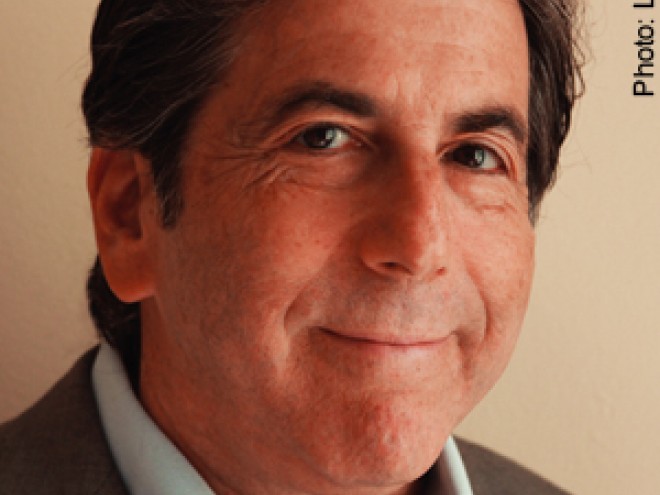Born Survivors: Three Young Mothers and Their Extraordinary Story of Courage, Defiance, and Hope tells the account of Priska, Rachel, and Anka, three pregnant women who managed to survive Nazi concentration camp internment through the Holocaust and save their children. Jewish Book Council had the opportunity to discuss the book with the author and the daughter of one of its subjects.
Elise Cooper: You were born in a concentration camp. Do you think your mother’s personality helped you and her survive?
Hana Berger Moran: My mom had to survive slave labor, starvation, giving birth in a prisoner’s barracks, and the brutal death transfer. Yet, through it all, this twenty-nine year old Jewish woman not only survived these horrid times but also flourished. She taught me positivity, optimism, and determination with her favorite saying, “I will get it done.”
EC: A Dachau survivor said, “If you think the Nazis were inhuman, you’re wrong. They were humans like you and me. And that is what is so terrible.” Do you agree?
HBM: My mother said of Josef Mengele that he was just a man, but what an evil man. I don’t think a four-legged animal would behave as cruelly as the Germans. What we went through is a war on the Jews. Even today, I can’t be on a train platform and view the cattle cars. I get hysterical. It must be a visceral, something my mom somehow transferred to me as a newborn or while in the womb. I spent the first seventeen days of my life in a concentration camp.
 Wendy Holden: As I write in the book, Mengele examined the women’s teeth like they were cattle. He was unimaginably cruel. As far as we know these babies were the only ones that survived, because the other pregnant women were either directly killed or used for experiments. In one instance a woman had slipped between his fingers and when she was discovered pregnant she was sent back. He was so incensed that he waited for her baby to be born, and then had her tied to her bed, lying next to the baby so that she could watch it starve to death. Each person in the Holocaust had their lives and dreams stolen by the Nazis.
Wendy Holden: As I write in the book, Mengele examined the women’s teeth like they were cattle. He was unimaginably cruel. As far as we know these babies were the only ones that survived, because the other pregnant women were either directly killed or used for experiments. In one instance a woman had slipped between his fingers and when she was discovered pregnant she was sent back. He was so incensed that he waited for her baby to be born, and then had her tied to her bed, lying next to the baby so that she could watch it starve to death. Each person in the Holocaust had their lives and dreams stolen by the Nazis.
EC: Do you think luck played a major part in these women and their babies surviving?
WH: Yes, considering they were sent to a slave labor camp where they worked 12 hours a day, seven days a week, using heavy riveting machines, and did not miscarry. In addition, luck played a role in that their pregnancies were not detected; they survived chronic malnutrition, and one of the worst winters ever in flimsy clothing.
EC: Can you explain why the three surviving children still go to the anniversary of the liberation of the Mauthausen concentration camp?
WH: They do not look on it as a horrible place. They see it as a place where they were freed and liberated. They don’t see it as the gates of hell but a place where they began again. In fact, several of them celebrate their real birthdays of April 12, 20, and 29 but they also consider the day of liberation, May 5th, as their rebirth, the day they were born again.
EC: What do you want readers to get out of the book?
WH: I want them to look at their lives and feel blessed that they are not living in great fear. I want people to feel compassion for these women and for those who did not make it, and to remember the Holocaust. Throughout the story there was cruelty but also hope provided by the small acts of kindness by strangers.
Elise Cooper lives in Los Angeles and has written numerous nationalsecurity articles supporting Israel. She writes book reviews and Q&A’sfor many different outlets, including the Military Press. She has had thepleasure to interview bestselling authors from many different genres.




